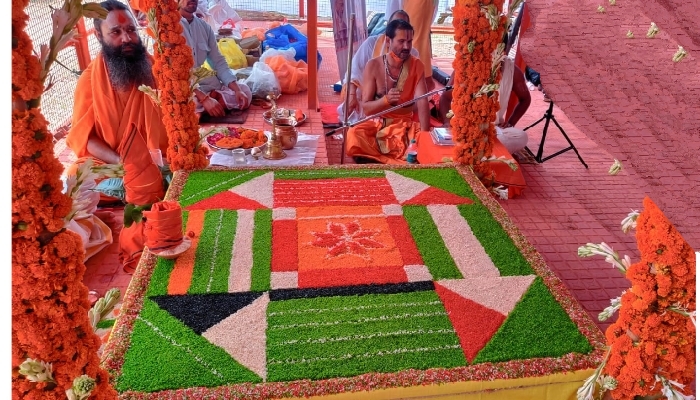May 27: At a time when India is struggling with the deadly coronavirus, huge swarms of locusts in many states has bought nightmares to the farmers.
Experts warn of extensive crop losses if authorities fail to curb the fast-spreading swarms by June when monsoon rains spur rice, cane, corn, cotton, and soybean sowing.
Locusts entered India after traveling from Africa through Yemen, Iran and Pakistan.
After massive devastation in Pakistan, t swarms of locusts entered India through Rajasthan and Gujarat. The number is so large that the farmers and authorities are feeling helpless in tackling the threat.
The situation has become more alarming as the locusts is spreading across the country at an extremely fast rate. After badly affecting the crops in Rajasthan, Gujarat, Maharashtra, and Madhya Pradesh, the swarm of locust have now entered Uttar Pradesh.
In Rajasthan alone, the locust attack has damaged 5 lakh hectares of crop and nearly 17 districts of Madhya Pradesh have also seen their terror. Earlier from May 2019 to February 2020, too, the locust swarms entered India several times.
Speaking on the current situation, Dr Ram Pravesh, District Agricultural Officer, Agra, Uttar Pradesh said the Department of Agriculture is working with farmers in dealing with the situation. He urged the farmers to inform their Mandal Krishi Adhikari if they require any help.
India's largest-ever locust attack was in 1993 when more than three lakh hectares of cultivated land were completely destroyed.
Earlier in 2020, farmers salvaged their wheat and oilseed crops from a previous locust scourge.






Comments
Add new comment